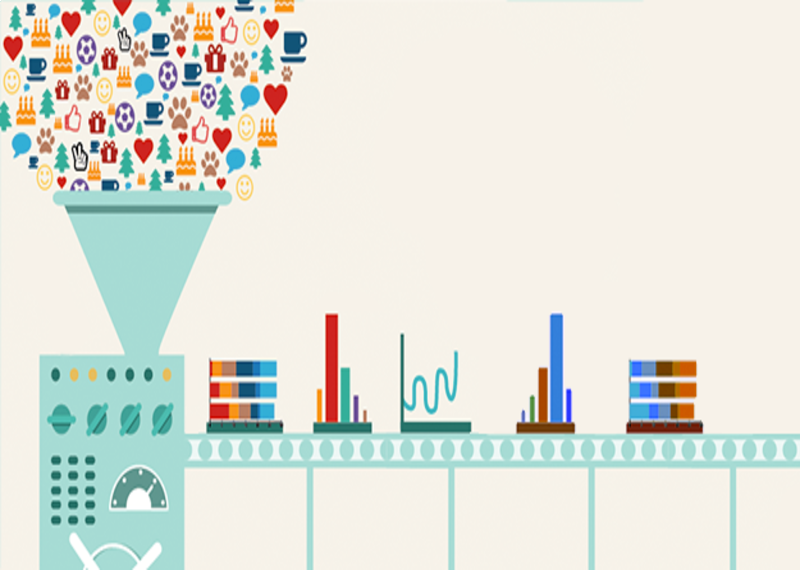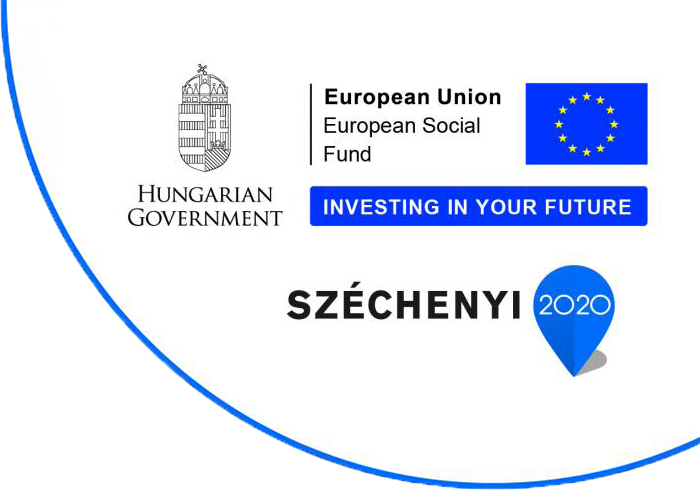What skills do you need to be data-driven?

As companies move from an intuitive decision-making process to a data-driven decision-making process, employees need to acquire certain skills to get the most out of data. These skills fall broadly into two camps: technical and soft skills. These skills go hand in hand and are equally important.
Technical skills (Technical skills)
Data extraction: Once you have decided what outcome you want to achieve, you need to extract the relevant data to perform the analysis. This is the initial process of any analytics project and an essential skill for any employee to start working on a project.
Data transformation and standardisation: Data in raw form is rarely in a state where it can be worked with directly. They need to be cleaned, transformed and standardised so that they are ready to start work. It is estimated that nearly eighty percent of analysts' time is spent cleaning and transforming data. With so much time and resources devoted to such a mundane task, it is vital that organisations have the right skills to manage it smartly and correctly.
Basic maths skills and data understanding: basic maths skills are essential to derive good decisions from data analysis. Since most analysis results are numerical in nature, you need to have basic mathematical skills to interpret the results. The roadmap for analysis also depends on the type of data used. This includes a basic understanding of data, including data types (categorical or continuous), distributions and attributes.
Basic statistics: statistics help an organisation predict the outcomes of existing data sets. Understanding basic probability, correlation, regression and inferential statistics are important skills for making data-driven decisions.
Data science: although data science is a broad field and includes machine learning and artificial intelligence, a basic understanding of the field is necessary to turn data into insights that can help make decisions.
Soft skills
Systems and enterprise thinking: systems thinking helps decision-makers understand the collective mindset and why people behave the way they do. By looking at things from this perspective, it is easier for the organisation to identify causes versus symptoms and make decisions accordingly.
Critical thinking: data-driven decision making involves the ability to think critically about data, to recognise the complexity of the data and to weigh up the pros and cons of the decisions made. Decision makers need to understand and accept that data may have limitations and that their own personal biases may have an impact on decision making and need to be mitigated. Critical thinking helps to overcome such barriers and to draw the right conclusions.
Active listening: decision-makers are exposed to different types of information from different sources before reaching a decision. It is basic human nature that the information they receive can be interpreted in different ways and the perceived outcome of the decision will vary accordingly. Active listening helps decision-makers overcome this challenge.
Relationship building: for a person to make an effective decision, he or she needs to communicate with many people in the organization to gather information and understand the assumptions of the problem. Good relationships between stakeholders act as a catalyst in this process and contribute to good decision-making.
Communicating with data: For stakeholders (employees, investors or customers) to accept the decision, you need to be able to validate your decisions. Communicating the findings based on the underlying data helps to gain acceptance of the decisions.
All in all
Organisations need to find the right balance between technical skills and soft skills to make appropriate data-driven decisions. Good decision makers tend to use their soft skills to effectively emphasise the impact of their technical skills, thereby communicating their decisions and gaining broad acceptance. In this way, technical skills and soft skills together become the cornerstone of all data-driven decisions in the organisation.
